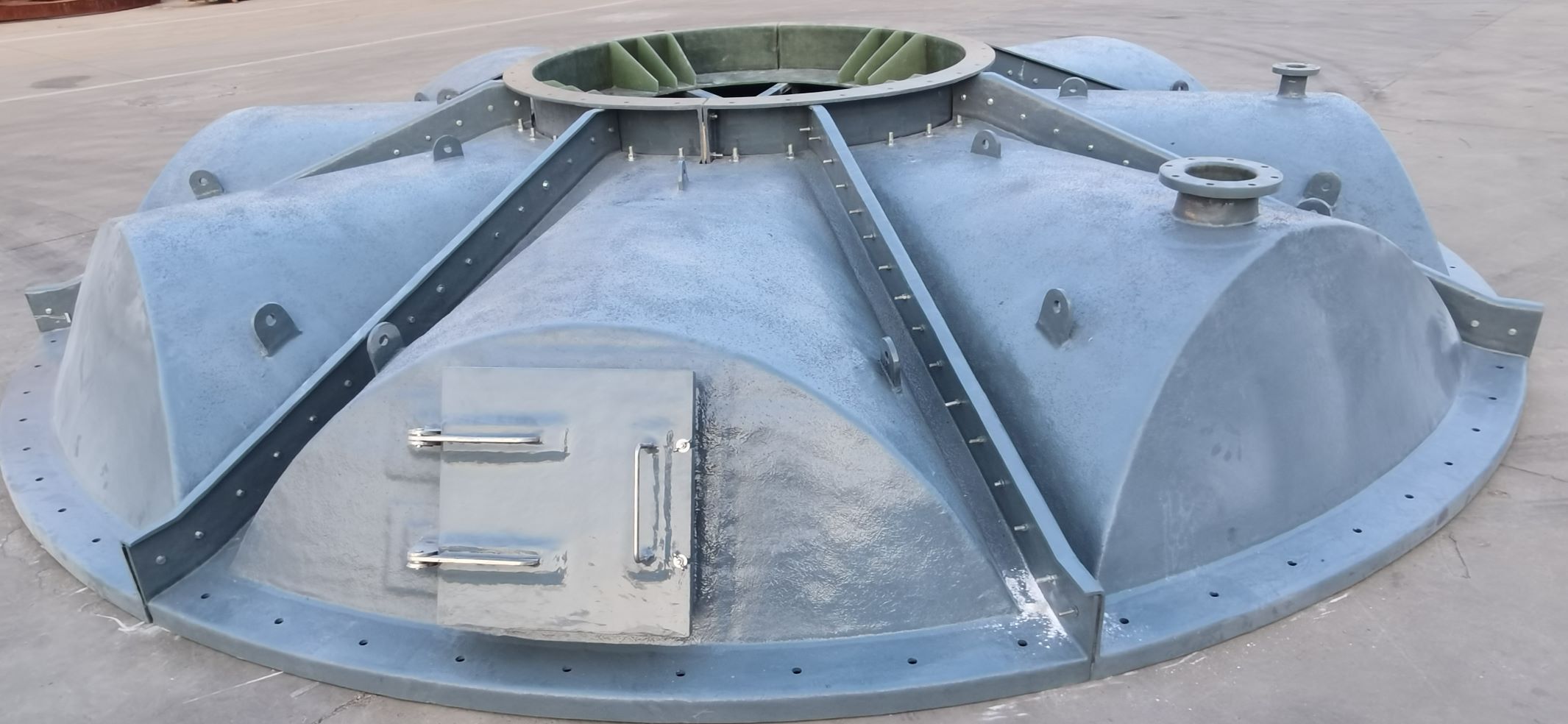
-
 Afrikaans
Afrikaans -
 Albanian
Albanian -
 Amharic
Amharic -
 Arabic
Arabic -
 Armenian
Armenian -
 Azerbaijani
Azerbaijani -
 Basque
Basque -
 Belarusian
Belarusian -
 Bengali
Bengali -
 Bosnian
Bosnian -
 Bulgarian
Bulgarian -
 Catalan
Catalan -
 Cebuano
Cebuano -
 China
China -
 China (Taiwan)
China (Taiwan) -
 Corsican
Corsican -
 Croatian
Croatian -
 Czech
Czech -
 Danish
Danish -
 Dutch
Dutch -
 English
English -
 Esperanto
Esperanto -
 Estonian
Estonian -
 Finnish
Finnish -
 French
French -
 Frisian
Frisian -
 Galician
Galician -
 Georgian
Georgian -
 German
German -
 Greek
Greek -
 Gujarati
Gujarati -
 Haitian Creole
Haitian Creole -
 hausa
hausa -
 hawaiian
hawaiian -
 Hebrew
Hebrew -
 Hindi
Hindi -
 Miao
Miao -
 Hungarian
Hungarian -
 Icelandic
Icelandic -
 igbo
igbo -
 Indonesian
Indonesian -
 irish
irish -
 Italian
Italian -
 Japanese
Japanese -
 Javanese
Javanese -
 Kannada
Kannada -
 kazakh
kazakh -
 Khmer
Khmer -
 Rwandese
Rwandese -
 Korean
Korean -
 Kurdish
Kurdish -
 Kyrgyz
Kyrgyz -
 Lao
Lao -
 Latin
Latin -
 Latvian
Latvian -
 Lithuanian
Lithuanian -
 Luxembourgish
Luxembourgish -
 Macedonian
Macedonian -
 Malgashi
Malgashi -
 Malay
Malay -
 Malayalam
Malayalam -
 Maltese
Maltese -
 Maori
Maori -
 Marathi
Marathi -
 Mongolian
Mongolian -
 Myanmar
Myanmar -
 Nepali
Nepali -
 Norwegian
Norwegian -
 Norwegian
Norwegian -
 Occitan
Occitan -
 Pashto
Pashto -
 Persian
Persian -
 Polish
Polish -
 Portuguese
Portuguese -
 Punjabi
Punjabi -
 Romanian
Romanian -
 Russian
Russian -
 Samoan
Samoan -
 Scottish Gaelic
Scottish Gaelic -
 Serbian
Serbian -
 Sesotho
Sesotho -
 Shona
Shona -
 Sindhi
Sindhi -
 Sinhala
Sinhala -
 Slovak
Slovak -
 Slovenian
Slovenian -
 Somali
Somali -
 Spanish
Spanish -
 Sundanese
Sundanese -
 Swahili
Swahili -
 Swedish
Swedish -
 Tagalog
Tagalog -
 Tajik
Tajik -
 Tamil
Tamil -
 Tatar
Tatar -
 Telugu
Telugu -
 Thai
Thai -
 Turkish
Turkish -
 Turkmen
Turkmen -
 Ukrainian
Ukrainian -
 Urdu
Urdu -
 Uighur
Uighur -
 Uzbek
Uzbek -
 Vietnamese
Vietnamese -
 Welsh
Welsh -
 Bantu
Bantu -
 Yiddish
Yiddish -
 Yoruba
Yoruba -
 Zulu
Zulu
fiberglass sewer pipe alternative.
The Advantages of Fiberglass Sewer Pipe Alternatives
When it comes to wastewater management and sewer systems, traditional materials like clay, concrete, and PVC have dominated the market for decades. However, advancements in technology and materials science have introduced fiberglass sewer pipes as an innovative alternative. With their numerous benefits, fiberglass pipes are becoming increasingly popular among municipalities and construction companies alike. This article explores the advantages of fiberglass sewer pipes and why they might be the ideal choice for future sewage systems.
Durability and Longevity
One of the primary advantages of fiberglass sewer pipes is their exceptional durability. Made from a composite of glass fibers and resin, these pipes are resistant to corrosion, chemical degradation, and environmental stressors. Unlike traditional materials that can degrade over time due to ground movement or exposure to harsh chemicals, fiberglass pipes maintain their structural integrity for decades. This long lifespan not only reduces replacement costs but also minimizes the frequency of repairs, ultimately saving money for municipalities.
Lightweight and Easy to Handle
Fiberglass pipes are significantly lighter than their concrete and clay counterparts, making transportation and installation much easier. The lightweight nature of fiberglass not only reduces labor costs but also enhances the efficiency of the installation process. Crews can transport larger quantities of fiberglass pipes to a site without the need for heavy machinery, thereby speeding up project timelines. This ease of handling is particularly beneficial in urban areas where space is limited, and excavation can be challenging.
Flexibility and Adaptability
The flexibility of fiberglass sewer pipes contributes to their effectiveness in various environmental conditions. They can easily accommodate soil movement and shifting landscapes without compromising their integrity. This flexibility makes them an excellent choice for regions prone to natural disasters such as earthquakes, where traditional materials may crack or fail. Additionally, fiberglass pipes can be manufactured in different diameters and lengths, allowing them to be customized to fit specific project requirements seamlessly.
fiberglass sewer pipe alternative.

Resistance to Infiltration and Leaks
Infiltration and exfiltration are significant problems in sewer systems, leading to increased costs and environmental concerns. Fiberglass sewer pipes offer superior resistance to leaking, effectively preventing wastewater from escaping into the surrounding soil. This characteristic not only helps to protect groundwater and surrounding ecosystems but also ensures that the sewage system operates efficiently. By minimizing infiltration, communities can reduce the volume of treated wastewater, leading to lower operational costs for treatment facilities.
Cost-Effectiveness
While the initial investment in fiberglass sewer pipes may be higher than traditional materials, the long-term savings are substantial. The durability and low maintenance requirements of fiberglass pipes translate to lower lifecycle costs. Moreover, reduced installation time combined with fewer repairs over time means that municipalities can allocate funds more effectively, investing in other critical infrastructure projects.
Environmental Friendliness
Lastly, fiberglass is an environmentally friendly option. The production of fiberglass sewer pipes typically involves less energy than that of concrete or PVC pipes. Additionally, fiberglass is 100% recyclable, reducing waste and contributing to sustainable practices in construction and wastewater management. As more municipalities prioritize eco-friendly materials, fiberglass pipes present a viable solution that minimizes environmental impact.
In conclusion, fiberglass sewer pipes stand out as a superior alternative in wastewater management. With their durability, lightweight nature, flexibility, and cost-effectiveness, they are well-suited for the demands of modern sewer systems. As communities continue to seek innovative solutions for their infrastructure needs, fiberglass pipes are likely to play an increasingly prominent role in the future of sewage systems.
Latest news
-
Exploring the Benefits of Top Hammer Drifter Rods for Enhanced Drilling PerformanceNewsJun.10,2025
-
High-Precision Fiberglass Winding Machine for GRP/FRP Pipe Production – Reliable & Efficient SolutionsNewsJun.10,2025
-
FRP Pipes & Fittings for Shipbuilding - Corrosion-Resistant & LightweightNewsJun.09,2025
-
Premium FRP Flooring Solutions Durable & Slip-ResistantNewsJun.09,2025
-
Premium Fiberglass Rectangular Tanks Durable & Lightweight SolutionNewsJun.09,2025
-
Tapered Drill String Design Guide Durable Performance & UsesNewsJun.09,2025









